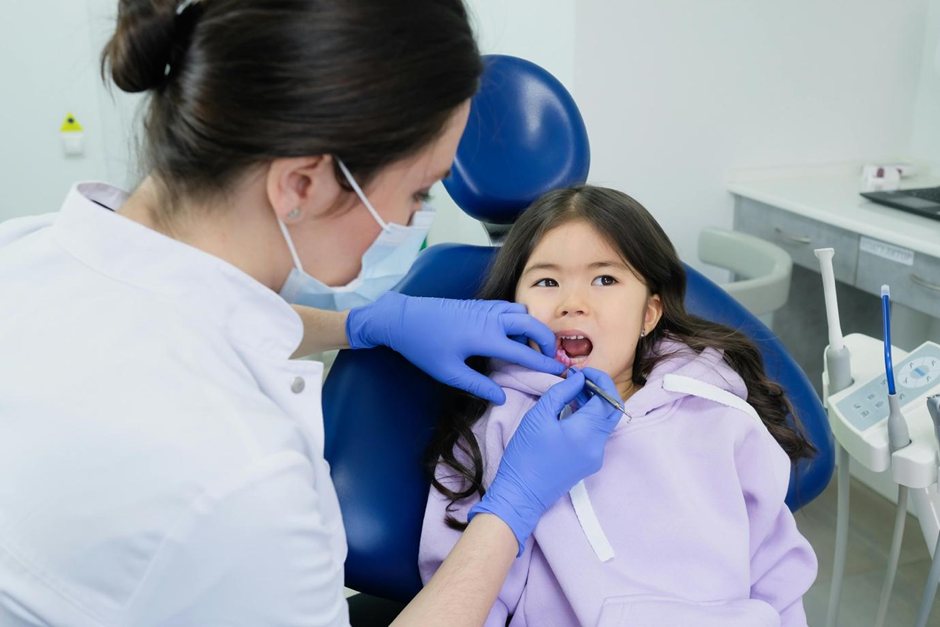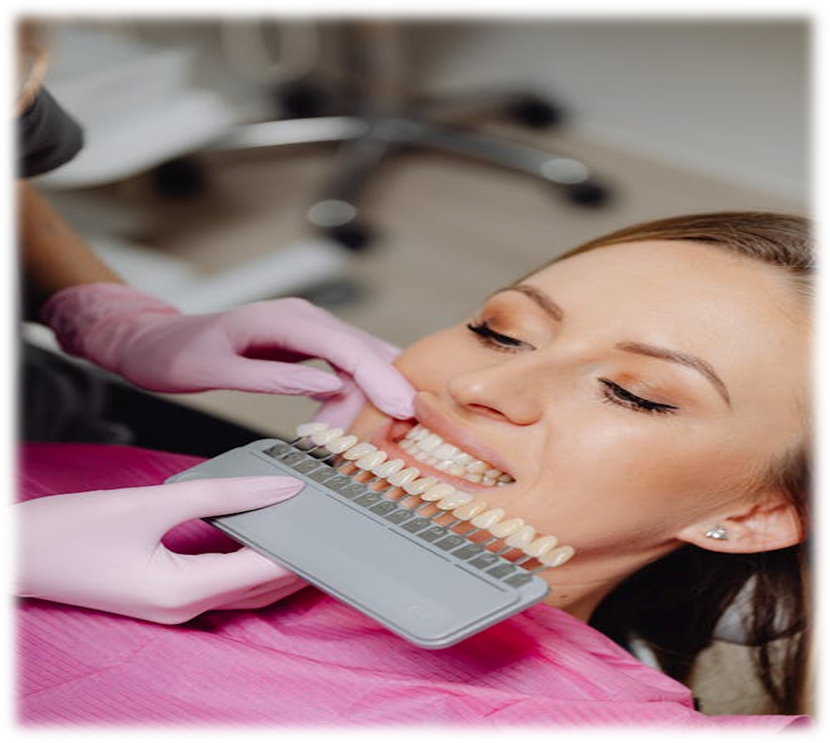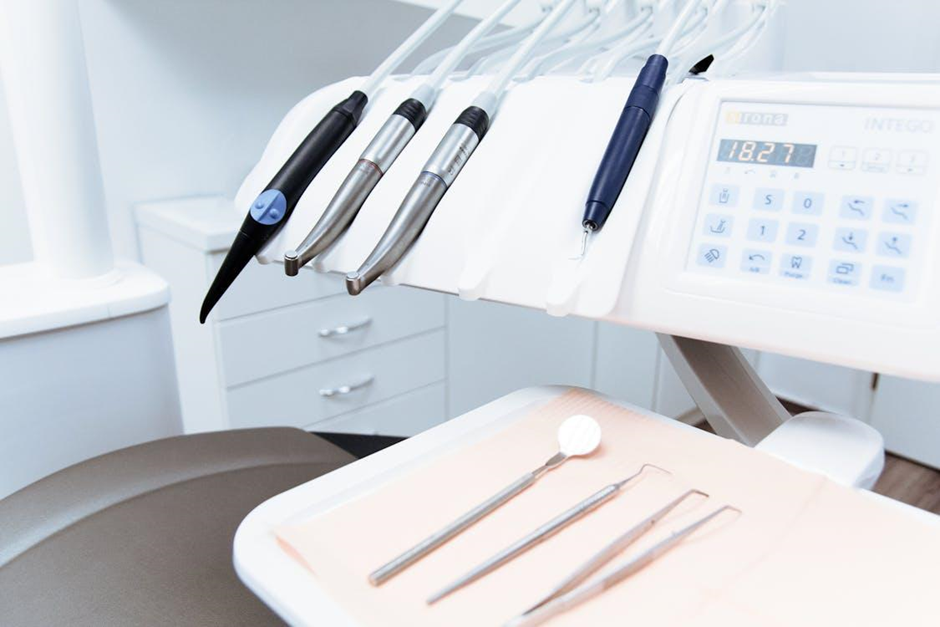Effects of Oral Habits Like Thumb Sucking and Mouth Breathing on Oral Health
Pediatric Dentistry
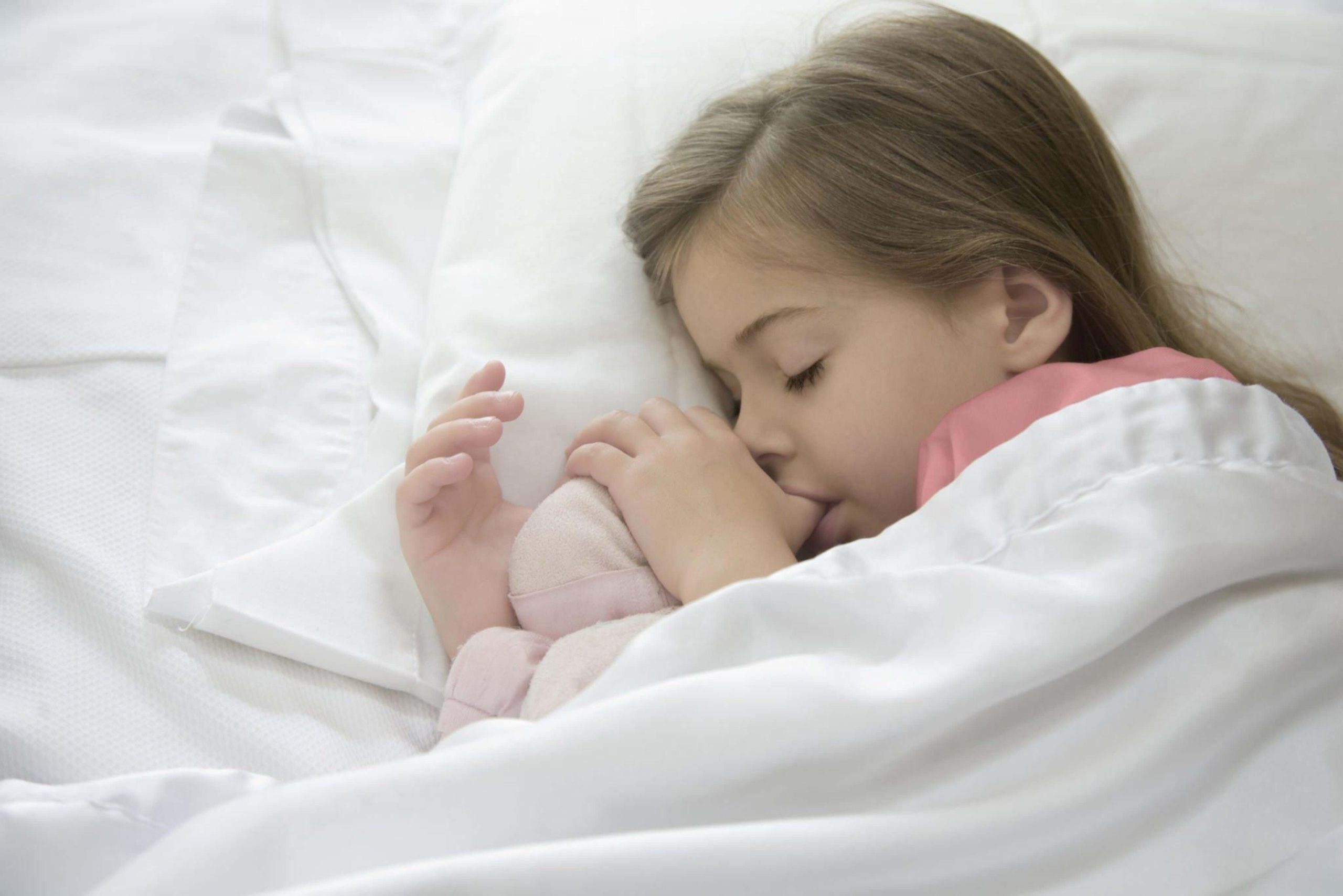

Does your baby suck his thumb? Thumb-sucking teeth and oral health looks absolutely adorable in children, but did you
know thumb-sucking is one of the many oral habits common in children that can have a negative effect
on their oral health? Children often let go of poor oral habits as they grow, but there are some children
that hold on to them for much longer than they should. That’s where your role starts. You’ve got to
correct these habits because if you don’t, your child’s oral health will become compromised.
Some poor oral habits common in children include mouth breathing, thumb sucking, and pacifier use,
among many others. If your child has one or more of these habits, you need to take them seriously and
help them get rid of these habits.
This blog post explains how poor oral habits can cause ill effects on oral health in children.
Oral Habit-Mouth Breathing
If you notice your child breathing through their mouth, you shouldn’t overlook it. In many cases, a child
breathes through their mouth if they’re suffering from a stuffed nose. However, if your child’s nasal
passage is clear and they’re still breathing through their mouth, it might just be a poor oral habit that
can (and should) be corrected. While it may seem like a harmless oral habit, it’s not.
Childhood is a crucial developmental stage. It’s when the child’s body and mind both develop
aggressively. But mouth breathing can come in the way of healthy development in your child. If mouth
breathing isn’t corrected on time, it can affect the development of your child’s facial features, which can
cause numerous short and long-term problems:
• Uneven jaw and face symmetry
• Crooked and overcrowded teeth
• Persistent pain
• A narrow mouth
• Noticeable deformities
• Overly visible gums
Mouth breathing not only has a negative impact on your child’s oral health but also on their mental
development. Improper breathing results in the brain not functioning optimally, leading to problems like poor performance at school, disrupted social and emotional development, difficulties in problem-solving, etc.
Identifying Mouth Breathing Habits
You need to observe your child closely during the day and night to identify if they have got the habit of breathing through their mouth if your child is breathing through their mouth during the day while they have engaged in regular activities like playing games on their tablet or sleeping with their mouth open you should start pointing it out to them to consciously correct the way they breathe and start breathing through their nose.
Oral Habit-Thumb Sucking
Thumb sucking is another extremely common oral habit in children. Children sucking their thumbs look
cute, but the effects aren’t the cutest. Did you know some children start sucking their thumbs before birth? That’s true. In that case, having your child stop sucking their thumb won’t be easy, but it’s important that you try to get them to stop.
Thumb sucking isn’t harmful in children under 3 years of age, but if they continue doing it after they turn
3, that’s when you need to step in. After this age, negative effects will come into play. Thumb sucking
can cause speech impediments and dental issues.
Children who suck their thumbs often suffer from dental malocclusions like open bite and overbite. They
may also have difficulty articulating sounds of some alphabets like t, d, n, l, s, z, sh, ch, and j, affecting
the clarity of their speech. Children with the habit of thumb-sucking also experience social issues like
ridiculing (if thumb sucking continues till the child is considerably grown up), your child may also get skin
problems on their thumb.
Most children would start sucking their thumbs as an alternative to pacifiers. It’s soothing for them.
Ideally, they should stop sucking their thumb naturally when they turn older. But if your child is still
sucking their thumb after crossing the 3-year mark, engage with them actively to help them let go of this
poor oral habit.
Oral Habit-Sucking Pacifiers
Many parents introduce pacifiers to their kids in the hope that the child will use them to soothe and
calm themselves down, and the next thing they know is the child is habitual of sucking a pacifier. If a child continues to use a pacifier after they turn 2 years old, know that your child is at risk of
compromised oral health. Pacifier use is associated with numerous benefits like pain relief, reduced
anxiety, and reduced risk of sudden infant death syndrome, but it’s also linked to several negative
effects.
Common negative effects of pacifier use include:
• Malocclusions
• Infection
• Ear infections
• Breastfeeding difficulties
It’s crucial for parents to ensure that their child doesn’t become habitual with a pacifier. It’s best to
wean the child off the pacifier once the child is 6 months old. According to experts, continuing pacifier
use in children beyond 6 months of age puts them at risk of otitis media (ear infections) and dental
problems like malocclusions.
Also, if you’re planning to introduce a pacifier to your child, do it after they’ve started to breastfeed
properly because introducing a pacifier too early can cause problems for the child and make
breastfeeding difficult for them. The single benefit of a pacifier (soothing effect) is definitely not big
enough to put your child at risk of a plethora of oral health problems.
Keep Young Smile Bright
If you suspect that your child’s poor oral habits have already started to affect their teeth, don’t sit on it.
Visit a pediatric dentist and check your child’s teeth so that any problems (if any) can be addressed on
time before your child’s poor oral habits cause greater damage.
If you’re looking for a pediatric dentist who has got a way to handle kids, visit Pediatric Dentist in Dubai
Our dentists know how to make your child comfortable.
Learn how healthy gums and teeth contribute to early speech development in our blog on Importance of Healthy Gums and Teeth on Early Speech Development.
Book an Appointment With Your Doctor NOW!
Ready for a brighter smile? Schedule your appointment with Dr. Paul’s Dental Clinic today and experience exceptional dental care.
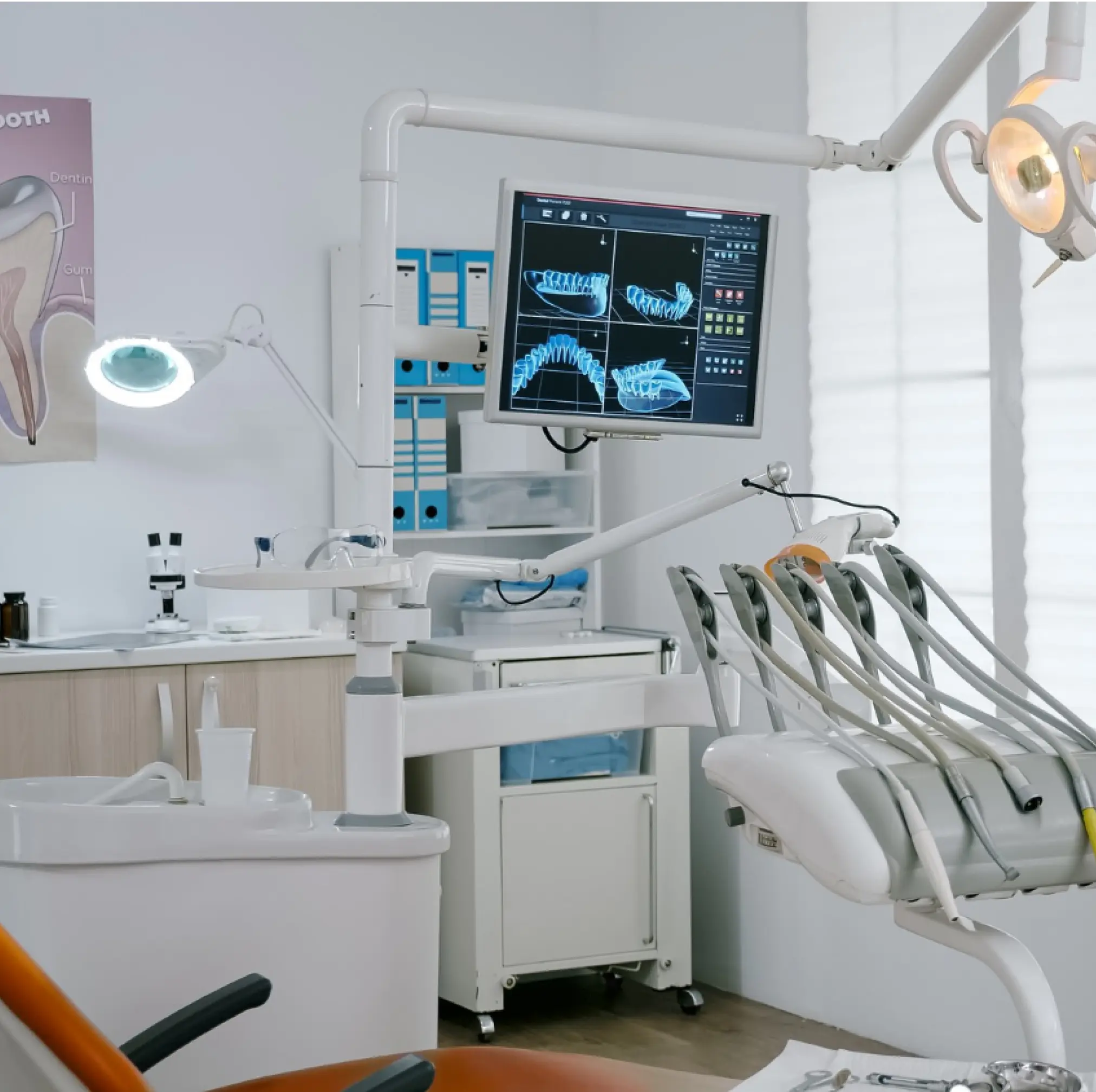
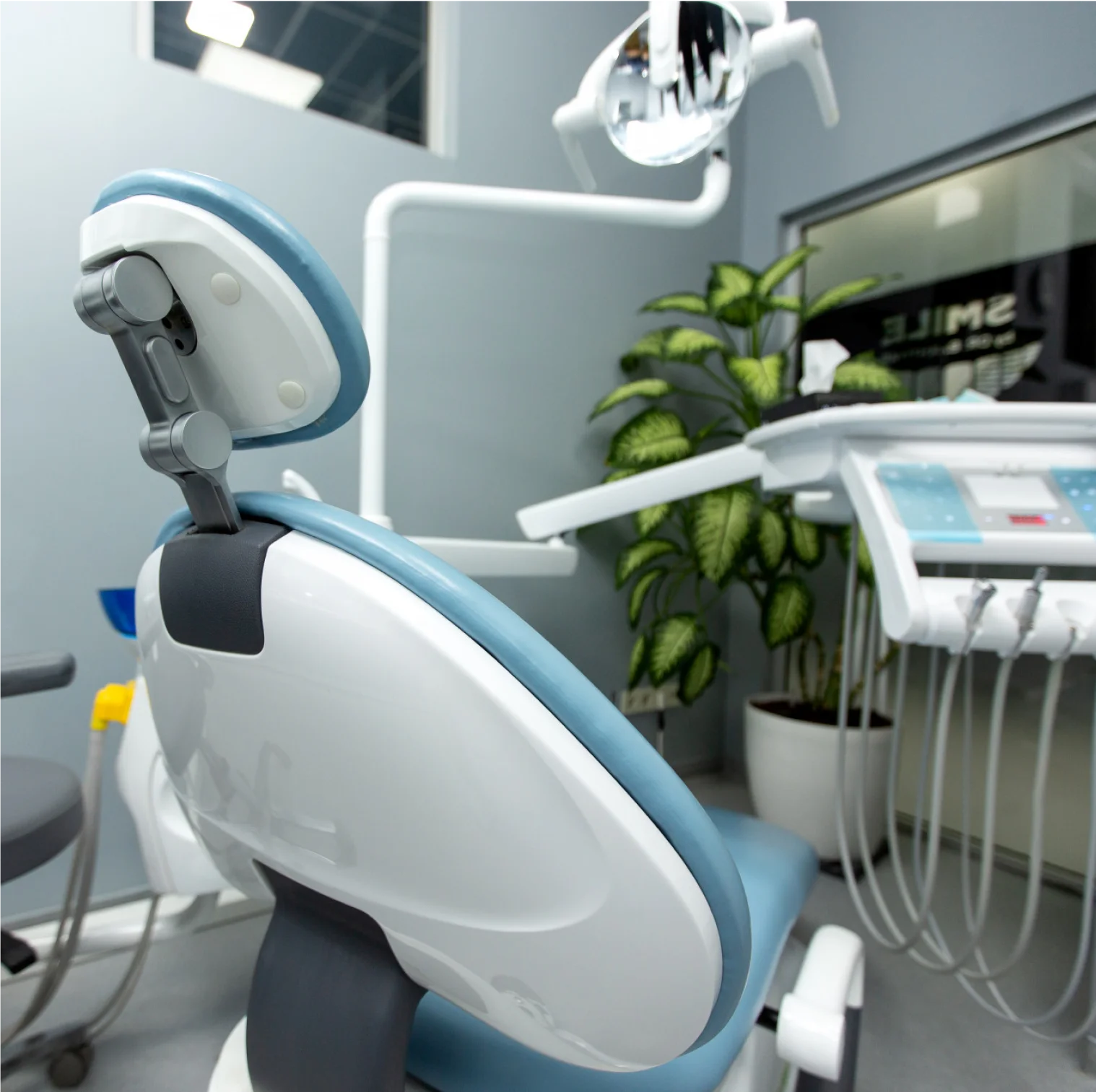
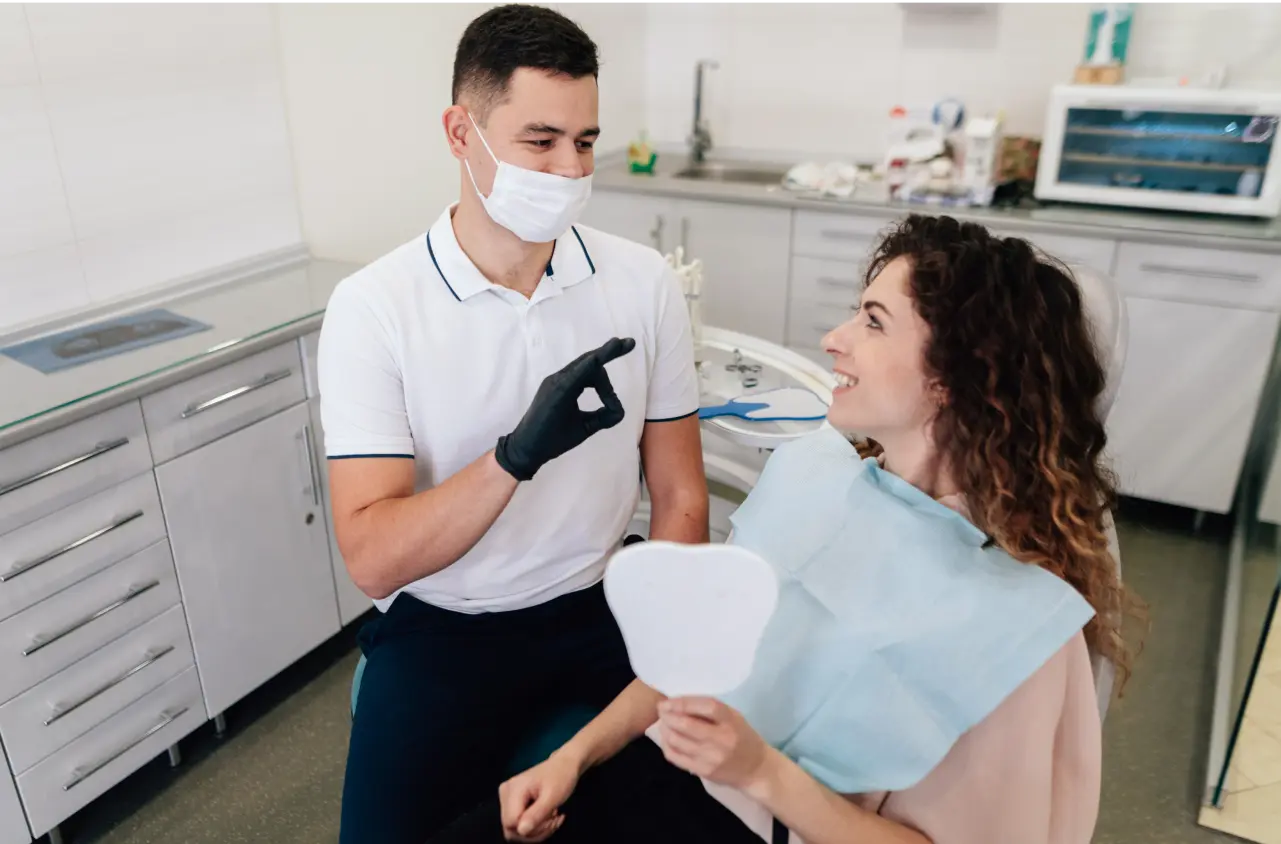
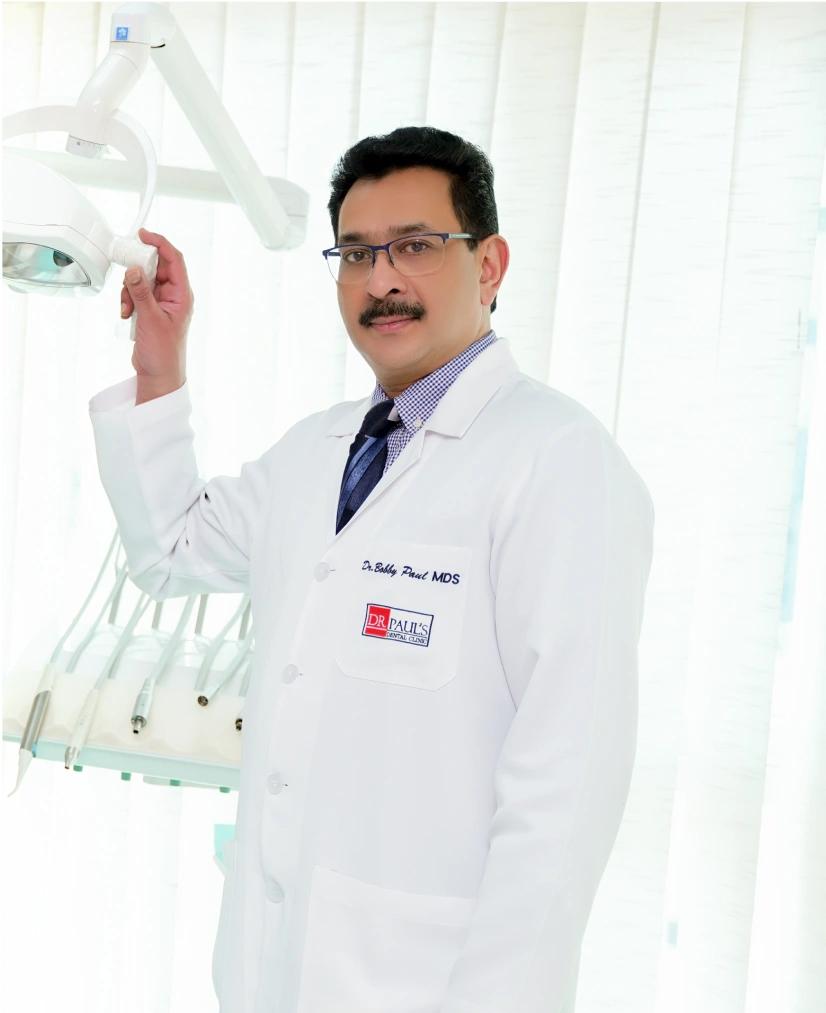 Dr. Bobby Paul
Dr. Bobby Paul 